Today in computer history: September 13th
Below are technology and computer-related events that happened on September 13th of every year during the evolution of computers. September 13th is the 257th day of 2024, which is a leap year. There are 109 days left in the year from this day.
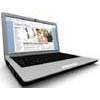 September 13, 1899
September 13, 1899125 years ago
Henry Bliss becomes the first North American pedestrian to be killed by an automobile.
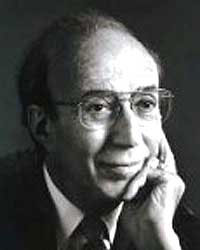 September 13, 1913
September 13, 1913111 years ago
Herman Goldstine was born, a mathematician and computer scientist who helped develop the ENIAC. Died June 16, 2004 (Age: 91).
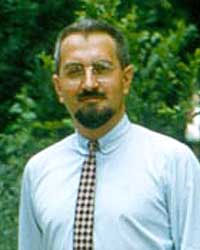 September 13, 1918
September 13, 1918106 years ago
Herbert Grosch was born, a computer scientist best known for Grosch's law, which states economy is as the square root of the speed. Died January 18, 2010 (Age: 92).
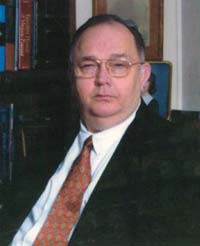 September 13, 1941
September 13, 194183 years ago
Ed Roberts was born, the father of the personal computer. Died April 1, 2010 (Age: 68).
 September 13, 1956
September 13, 195668 years ago
The first computer (IBM 305 RAMAC) ships with a 1-ton hard drive with 50 24-inch platters storing up to 5 million characters.
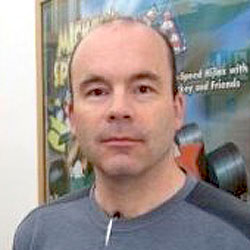 September 13, 1967
September 13, 196757 years ago
David Wise was born, a British video game music composer known for his work on Nintendo's Donkey Kong Country series.
 September 13, 1970
September 13, 197054 years ago
Jason Scott was born, an American archivist, filmmaker and technology historian.
 September 13, 1978
September 13, 197846 years ago
Peter Sunde was born, the founder of Flattr and ex-spokesperson Pirate Bay.
 September 13, 1985
September 13, 198539 years ago
Super Mario Bros. for the Nintendo was released.
 September 13, 2020
September 13, 20204 years ago
NVIDIA announced it's acquiring Arm for $40 billion.
Computer pioneers
Game history
Other events in 1899
Other events in 1913
Other events in 1918
Other events in 1941
Other events in 1956
Other events in 1967
Other events in 1970
Other events in 1978
Other events in 1985
Other events in 2020
Previous day (9-12)
Next day (9-14)
Today
Arm, Automobile, BE, Character, Computer, Drive, ENIAC, Founder, Game, Grosch's law, Hard drive, Henry, IBM, IBM 305 RAMAC, Killed, Law, Music, Nintendo, NVIDIA, Personal computer, Pirate, Pirate Bay, Platter, Released, Root, Ship, Speed, Square, Storing, Super, Super Mario Bros
